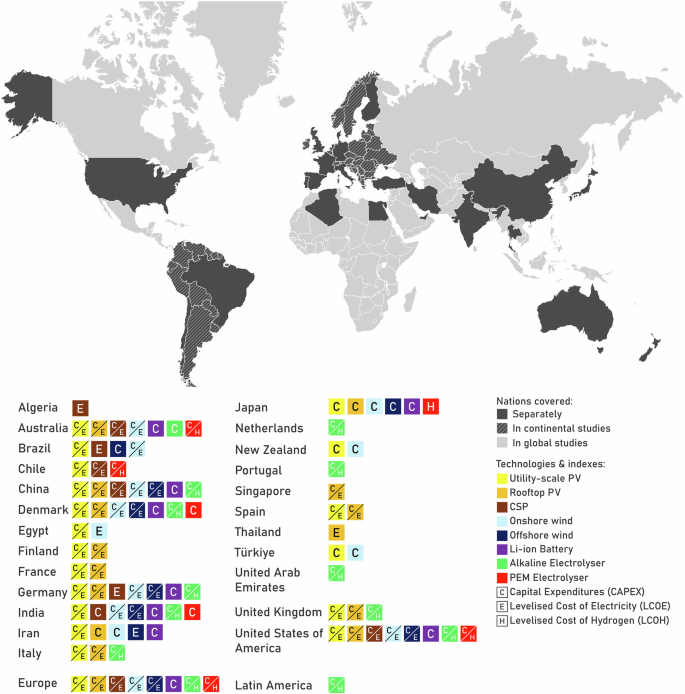Report on Digital Consent Mechanisms and Sustainable Development Goals
Fostering Innovation and Economic Growth: Aligning with SDG 8 and SDG 9
The utilization of cookies and similar technologies represents a critical component of the digital infrastructure, directly supporting Sustainable Development Goal 9 (Industry, Innovation, and Infrastructure). By personalizing content and advertising, these technologies fuel a vibrant digital economy, which in turn promotes sustained, inclusive, and sustainable economic growth, a core tenet of Sustainable Development Goal 8 (Decent Work and Economic Growth). The operational framework relies on a tiered system of data collection tools:
- Essential, Performance, and Functional Cookies: These are fundamental to site operation and user experience improvement, forming the bedrock of digital service delivery.
- Marketing Cookies: These tools facilitate personalized advertising, creating economic value and supporting business viability. Users are provided with explicit control over this category of data usage.
Upholding Digital Justice and Institutional Integrity: A Commitment to SDG 16
In support of Sustainable Development Goal 16 (Peace, Justice, and Strong Institutions), providing users with transparent and actionable choices regarding their data is paramount. The consent mechanism is designed to build effective, accountable, and inclusive institutions at the digital level. User autonomy is respected through a clear choice architecture:
- Accept All: A comprehensive consent for the use of all cookies and the sharing of collected information, fostering a partnership based on transparency.
- Deny Optional: A specific rejection of marketing-related data usage, allowing users to exercise their right to privacy while maintaining access to core functionalities.
- Implied Consent: Continued use of the site signifies acceptance of essential data practices and the governing policies, ensuring a baseline of operational integrity.
Advancing Responsible Consumption and Partnerships: A Framework for SDG 12 and SDG 17
The management of user data is approached as a matter of responsible consumption and production, as outlined in Sustainable Development Goal 12. By personalizing content, the system aims to create more efficient and less wasteful patterns of information delivery. This entire interaction is governed by a partnership framework, reflecting the principles of Sustainable Development Goal 17 (Partnerships for the Goals). This partnership is codified in foundational documents that ensure transparency and mutual understanding:
- Privacy Policy: A detailed account of data collection, usage, and sharing practices.
- Terms of Service: The formal agreement governing the relationship between the user and the service provider.
Analysis of the Article in Relation to Sustainable Development Goals
1. Identified Sustainable Development Goals (SDGs)
- Based on the provided text, which is a standard website cookie consent notice, there are no Sustainable Development Goals (SDGs) that are directly addressed or connected to the issues highlighted. The article’s content is focused on user data privacy, consent for cookies, and website terms of service. These topics do not align with the scope of the 17 SDGs, which cover global challenges like poverty, inequality, climate action, and sustainable economic growth.
2. Specific SDG Targets
- Since no SDGs can be linked to the article’s content, no specific SDG targets can be identified. The text does not contain any information related to targets concerning health, education, environmental protection, or any other area covered by the SDG framework.
3. Relevant Indicators
- The article does not mention or imply any indicators that could be used to measure progress towards any SDG targets. The content is limited to user choices regarding data (“Accept All,” “Deny Optional”) and links to legal documents (“Privacy Policy,” “Terms of Service”), which are not metrics for sustainable development.
Summary Table of Findings
| SDGs | Targets | Indicators |
|---|---|---|
| No relevant SDGs were identified in the article. | No relevant targets were identified in the article. | No relevant indicators were identified in the article. |
Source: zacks.com







